Vitalik Buterin: the man who changed cryptocurrencies
Maths prodigy Vitalik Buterin became fascinated by bitcoin as a teenager. Now 28, he is worshipped as a near deity by crypto-enthusiasts.

Get the latest financial news, insights and expert analysis from our award-winning MoneyWeek team, to help you understand what really matters when it comes to your finances.
You are now subscribed
Your newsletter sign-up was successful
Want to add more newsletters?

Twice daily
MoneyWeek
Get the latest financial news, insights and expert analysis from our award-winning MoneyWeek team, to help you understand what really matters when it comes to your finances.

Four times a week
Look After My Bills
Sign up to our free money-saving newsletter, filled with the latest news and expert advice to help you find the best tips and deals for managing your bills. Start saving today!
Vitalik Buterin’s remarkable looks make him an easy target for online hecklers: he’s been described as everything from “Bond villain” to “alien crackhead”. But at gatherings of the faithful, the inventor of cryptocurrency ether is worshipped as a near deity.
At a big convention in Denver in March, queues stretched round the block for days in anticipation of an audience, says Time. As the crowds pushed inside, “a wiry man with elfin features” was seen “sprinting out of the venue, past astonished selfie takers and venture capitalists”. Some gave chase on foot and on scooters; Buterin outran them all, “disappearing into the privacy of his hotel lobby, alone”.
Welcoming the bear
That, of course, was before the crypto winter set in in earnest. In May, when the price of ether had fallen 55% from its peak, Buterin tweeted that he was no longer a billionaire, notes Bloomberg. It’s safe to say that his personal wealth has taken another substantial hit during June’s carnage. Still, no one can take away his achievement.
MoneyWeek
Subscribe to MoneyWeek today and get your first six magazine issues absolutely FREE

Sign up to Money Morning
Don't miss the latest investment and personal finances news, market analysis, plus money-saving tips with our free twice-daily newsletter
Don't miss the latest investment and personal finances news, market analysis, plus money-saving tips with our free twice-daily newsletter
At 28, Buterin has a claim to be “the most influential man in crypto”, says Time. His genius move nine years ago was to plot a way of using the blockchain technology underlying bitcoin “for all sorts of uses beyond currency”. By throwing open the Ethereum blockchain to all comers, he came to preside over “a trillion-dollar ecosystem”, in which games and overhyped crazes such as non-fungible tokens (NFTs) jostle with more practical applications built by banks and entrepreneurs. The platform “now rivals Visa in terms of the money it moves” and its native currency, ether, is the second-biggest behind bitcoin.
Buterin, who was born in Russia of mixed Russo-Ukrainian heritage and grew up in Canada, is scathing about those who view crypto primarily as a wealth-making opportunity. He reserves particular contempt for people who rode the boom and flaunted it as investment prowess. That means he can view the bust with a degree of equanimity. “The people who are deep into crypto, and especially building things… welcome a bear market,” he has said.
Buterin was born just outside Moscow in 1994, He is the son of two computer scientists, and grew up steeped in tech and maths. It was his father, Dmitry, who introduced the then teenager to bitcoin in 2011. He began writing articles for Bitcoin Weekly – earning “five bitcoins a pop” (then around $4), later co-founding his own magazine while studying computer science. By the time he dropped out of college, he had gained quite a following. In late 2013, he wrote a paper proposing Ethereum – and subsequently rallied eight enthusiasts to help him build it.
The Cryptopians
The story of this extraordinary “fellowship”, who “slummed together” in a house in Zug, Switzerland to plot the course of Ethereum, was later written up by Laura Shin in her book, The Cryptopians. There was tension from the outset between those who wanted to run the project as a commercial venture and those, like Buterin, who were more “mission-driven”. Ultimately the group split, says Cointelegraph. But they stayed together long enough to launch Ethereum at a bitcoin conference in Miami in 2014, later holding an initial coin offering (ICO) of the ether token to raise cash.
Buterin was singled out by tech entrepreneur Peter Thiel for a grant. One can see why Thiel took a shine to him – both are “visionaries” driven by ideas of sociopolitical experimentation. Buterin sees Ethereum as a possible launchpad for fairer voting systems and universal basic income. In another nod to Thiel, he’s drawn to “life extension” technologies, predicting there’s a decent chance that someone born today will live to be 3,000. The question of why anyone would want to doesn’t even occur to him –his eyes are clearly still fixed on the long road ahead.
Get the latest financial news, insights and expert analysis from our award-winning MoneyWeek team, to help you understand what really matters when it comes to your finances.
Jane writes profiles for MoneyWeek and is city editor of The Week. A former British Society of Magazine Editors (BSME) editor of the year, she cut her teeth in journalism editing The Daily Telegraph’s Letters page and writing gossip for the London Evening Standard – while contributing to a kaleidoscopic range of business magazines including Personnel Today, Edge, Microscope, Computing, PC Business World, and Business & Finance.
-
 How a ‘great view’ from your home can boost its value by 35%
How a ‘great view’ from your home can boost its value by 35%A house that comes with a picturesque backdrop could add tens of thousands of pounds to its asking price – but how does each region compare?
-
 What is a care fees annuity and how much does it cost?
What is a care fees annuity and how much does it cost?How we will be cared for in our later years – and how much we are willing to pay for it – are conversations best had as early as possible. One option to cover the cost is a care fees annuity. We look at the pros and cons.
-
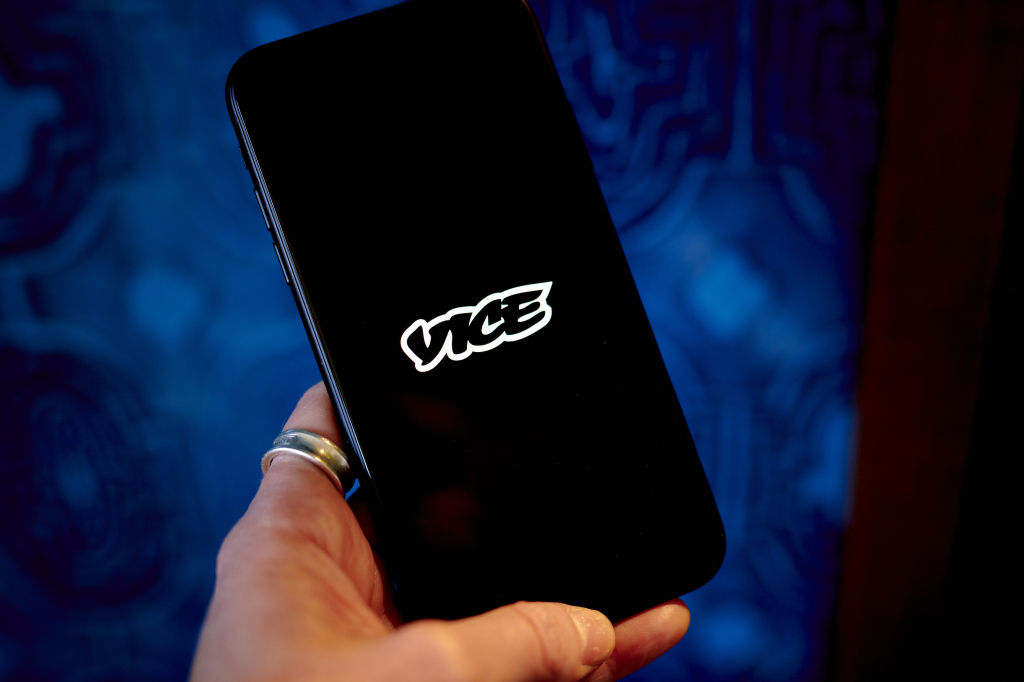 VICE bankruptcy: how did it happen?
VICE bankruptcy: how did it happen?Was the VICE bankruptcy inevitable? We look into how the once multibillion-dollar came crashing down.
-
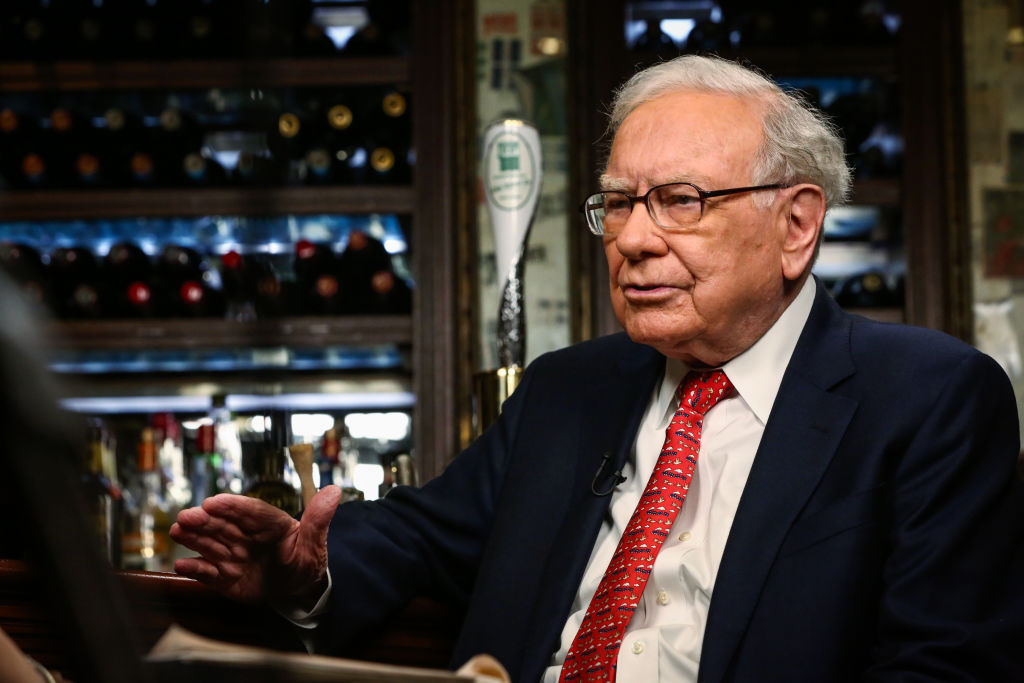 What is Warren Buffett’s net worth?
What is Warren Buffett’s net worth?Warren Buffett, sometimes referred to as the “Oracle of Omaha”, is considered one of the most successful investors of all time. How did he make his billions?
-
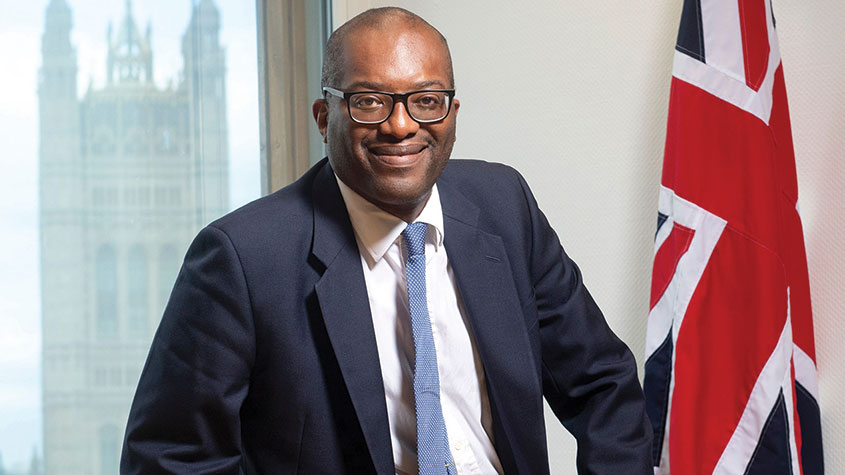 Kwasi Kwarteng: the leading light of the Tory right
Kwasi Kwarteng: the leading light of the Tory rightProfiles Kwasi Kwarteng, who studied 17th-century currency policy for his doctoral thesis, has always had a keen interest in economic crises. Now he is in one of his own making
-
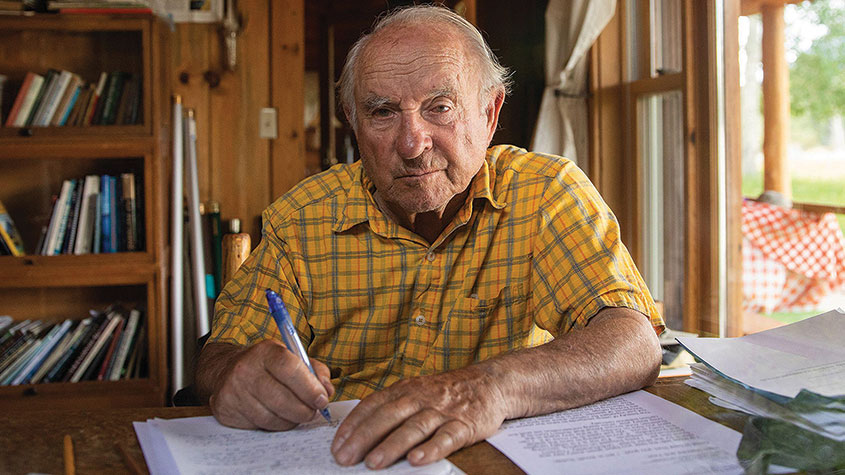 Yvon Chouinard: The billionaire “dirtbag” who's giving it all away
Yvon Chouinard: The billionaire “dirtbag” who's giving it all awayProfiles Outdoor-equipment retailer Yvon Chouinard is the latest in a line of rich benefactors to shun personal aggrandisement in favour of worthy causes.
-
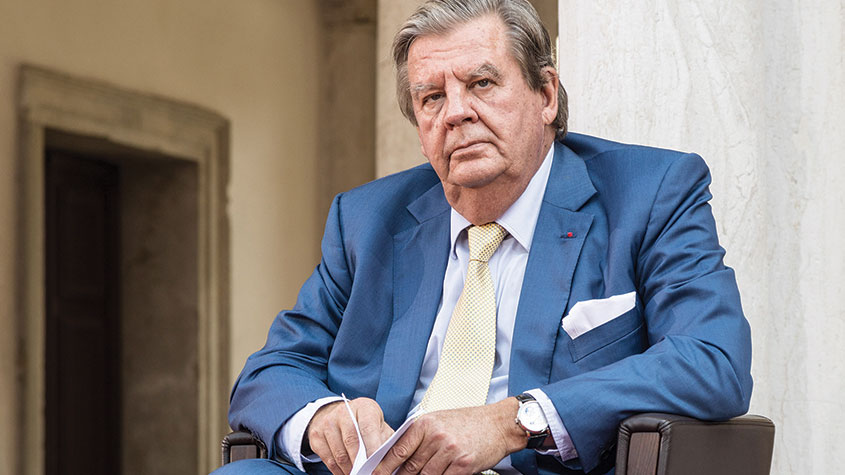 Johann Rupert: the Warren Buffett of luxury goods
Johann Rupert: the Warren Buffett of luxury goodsProfiles Johann Rupert, the presiding boss of Swiss luxury group Richemont, has seen off a challenge to his authority by a hedge fund. But his trials are not over yet.
-
 Profile: the fall of Alvin Chau, Macau’s junket king
Profile: the fall of Alvin Chau, Macau’s junket kingProfiles Alvin Chau made a fortune catering for Chinese gamblers as the authorities turned a blind eye. Now he’s on trial for illegal cross-border gambling, fraud and money laundering.
-
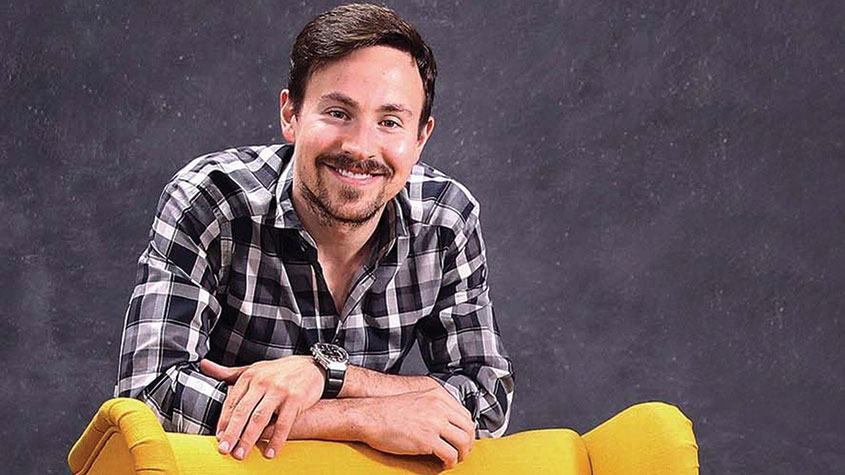 Ryan Cohen: the “meme king” who sparked a frenzy
Ryan Cohen: the “meme king” who sparked a frenzyProfiles Ryan Cohen was credited with saving a clapped-out videogames retailer with little more than a knack for whipping up a social-media storm. But his latest intervention has backfired.
-
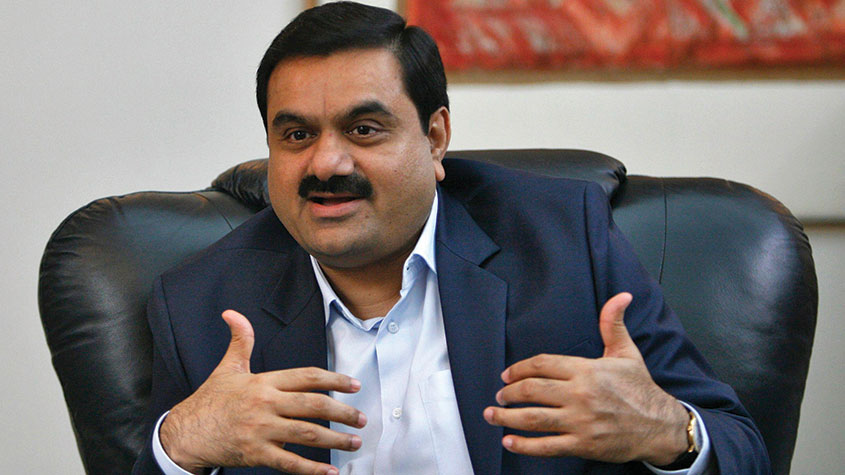 The rise of Gautam Adani, Asia’s richest man
The rise of Gautam Adani, Asia’s richest manProfiles India’s Gautam Adani started working life as an exporter and hit the big time when he moved into infrastructure. Political connections have been useful – but are a double-edged sword.